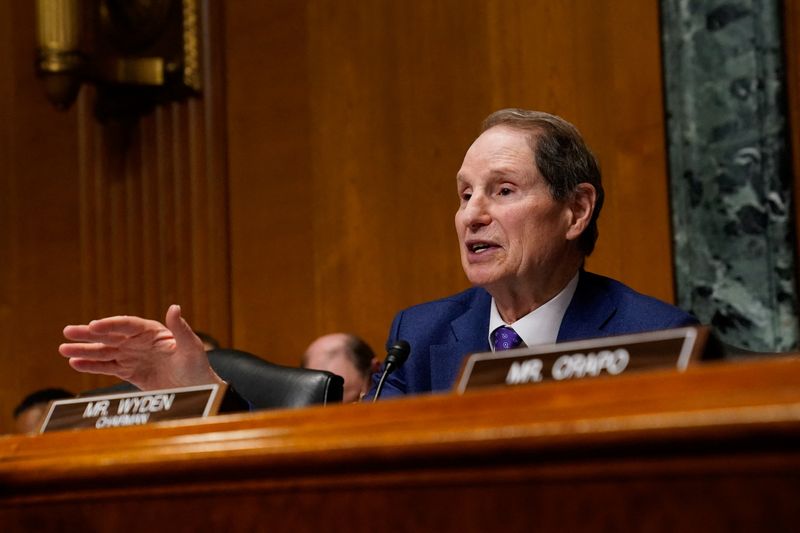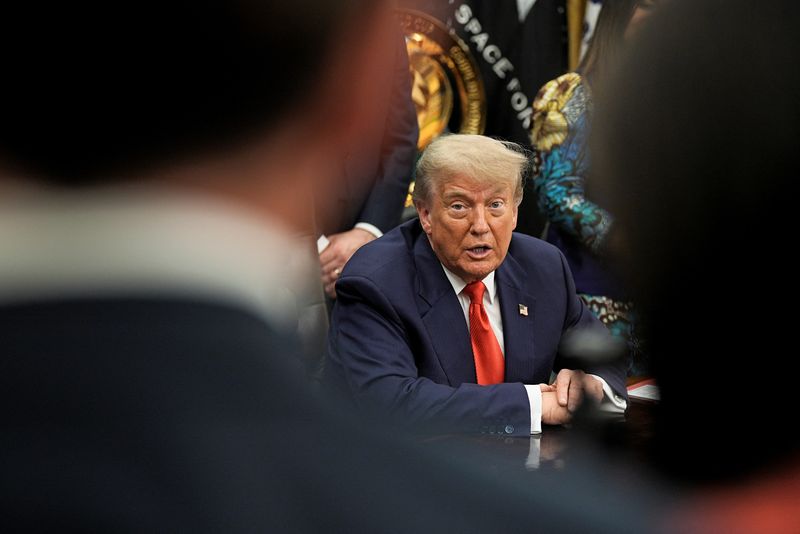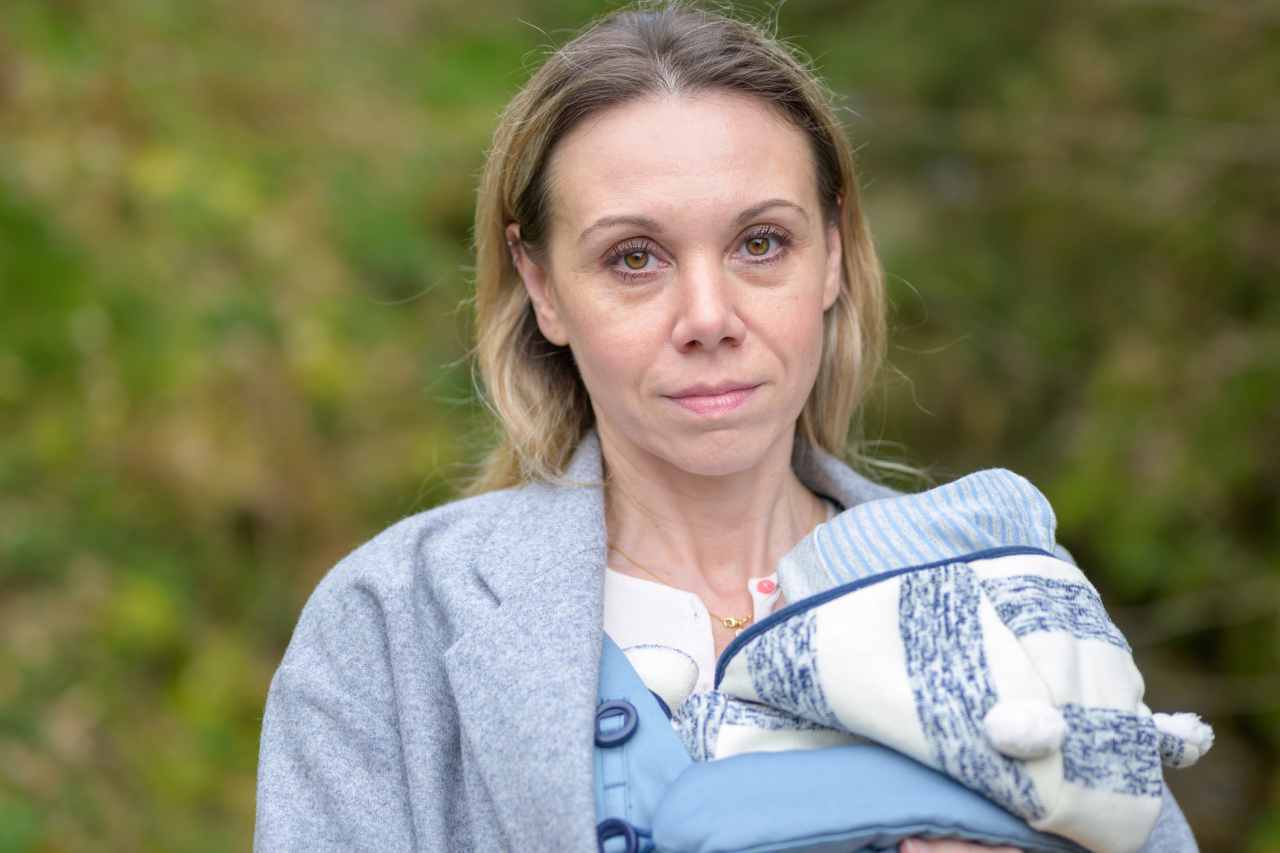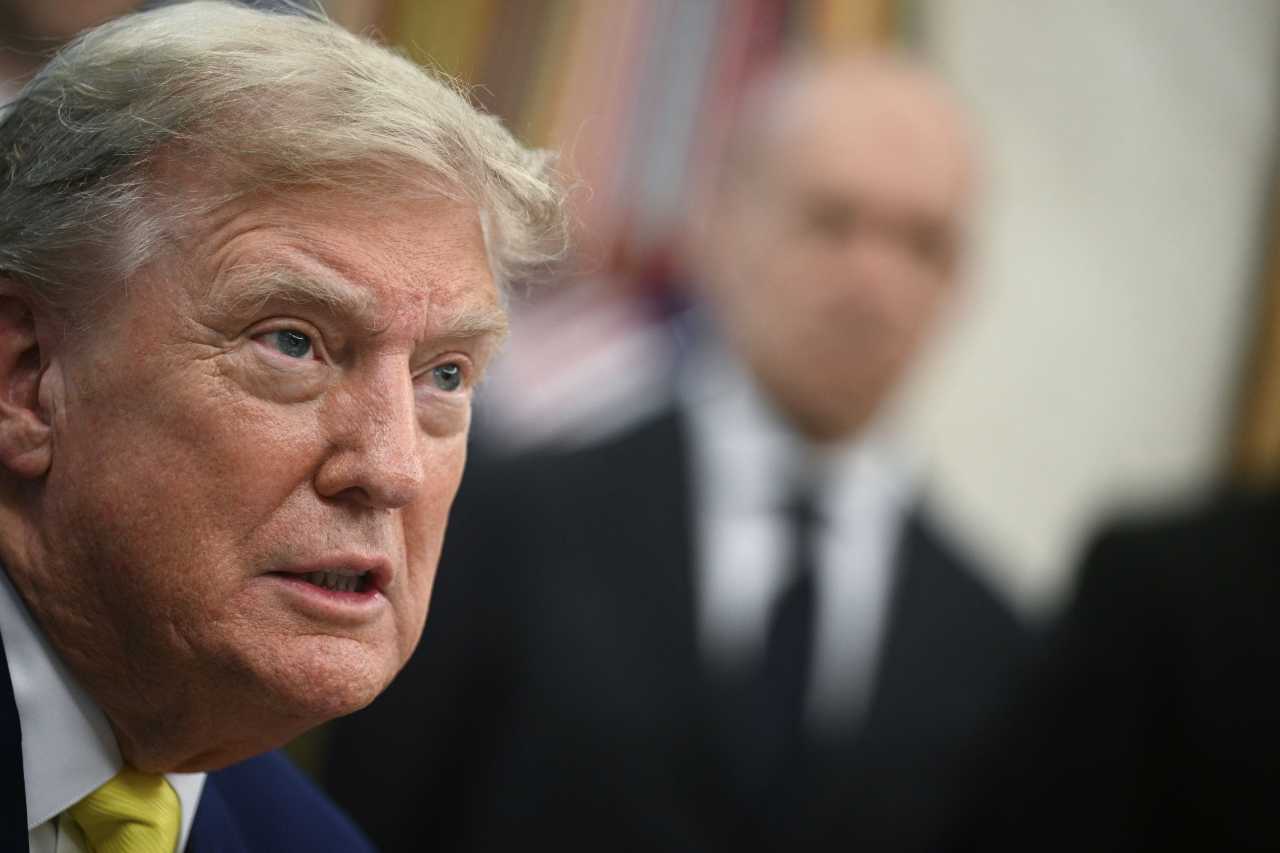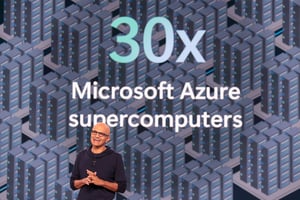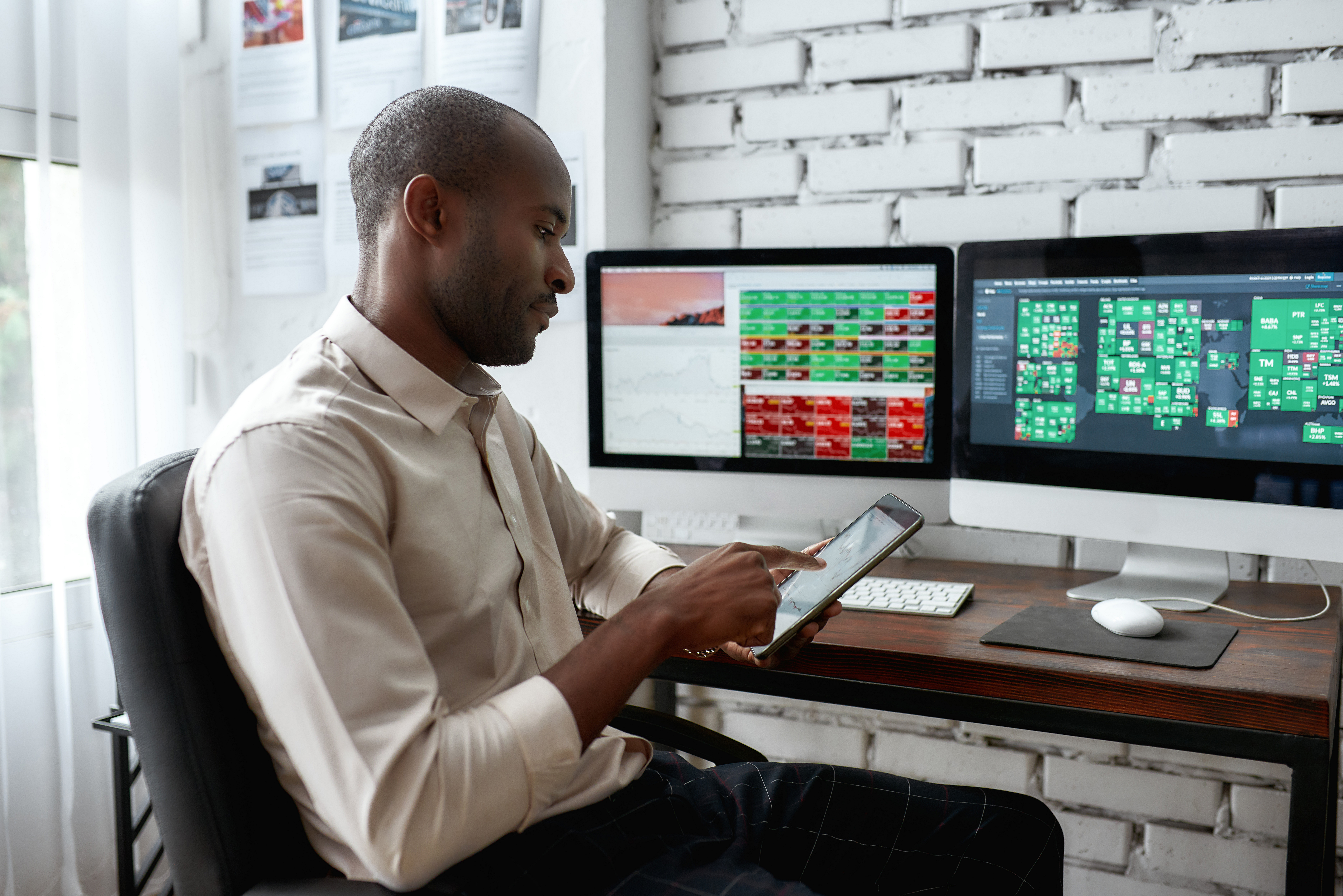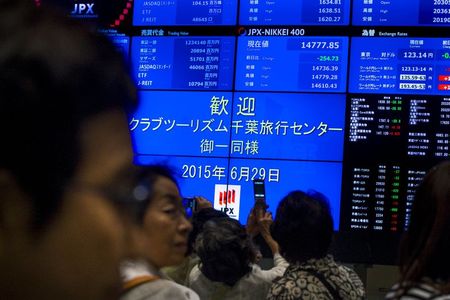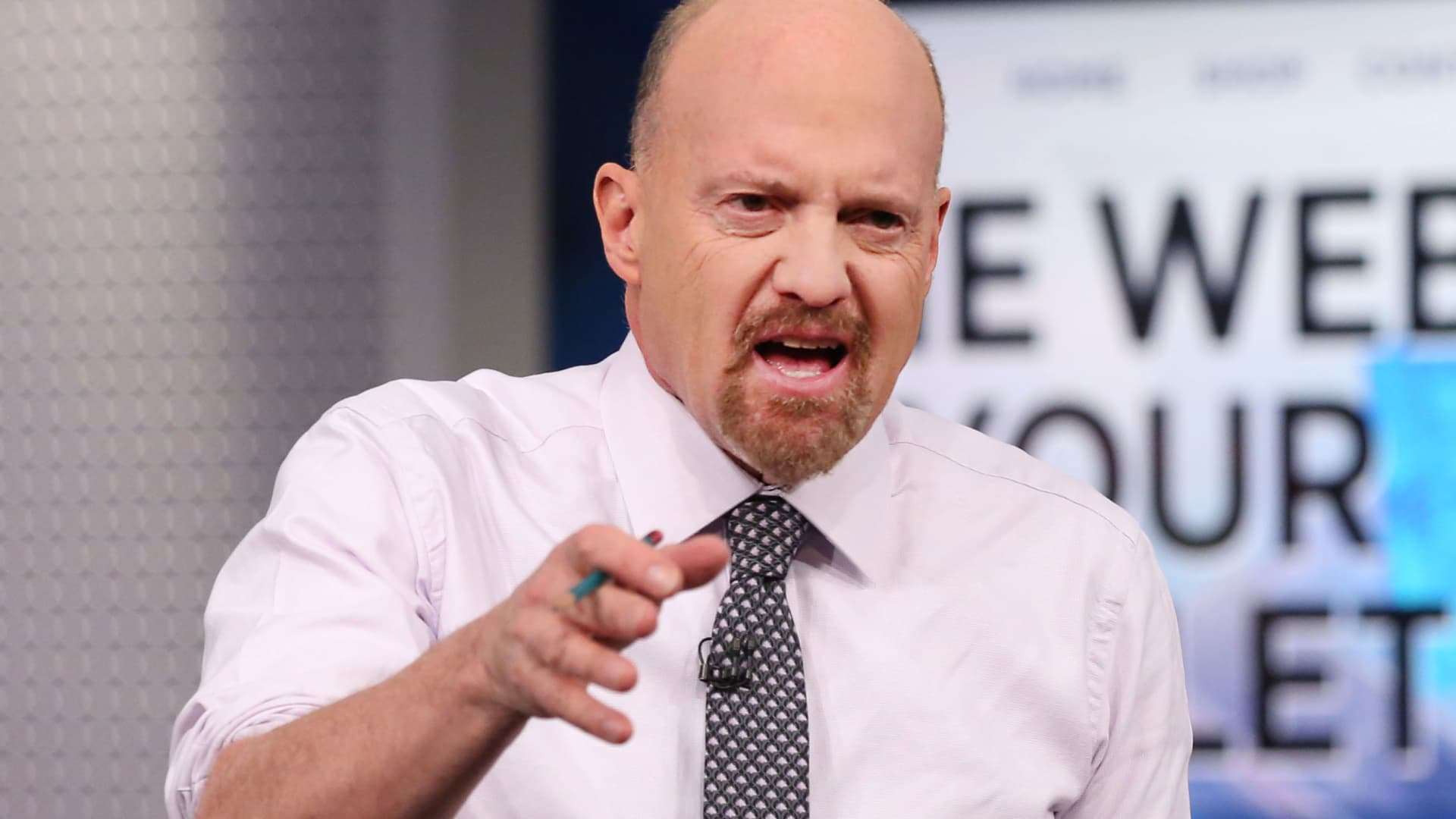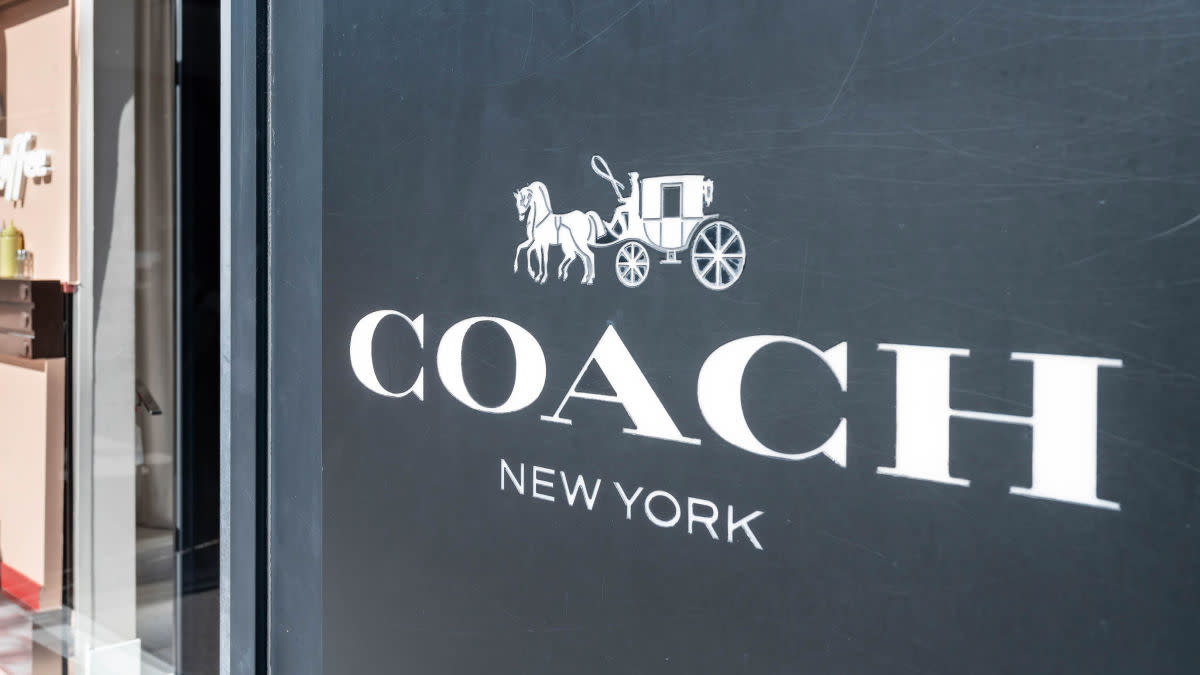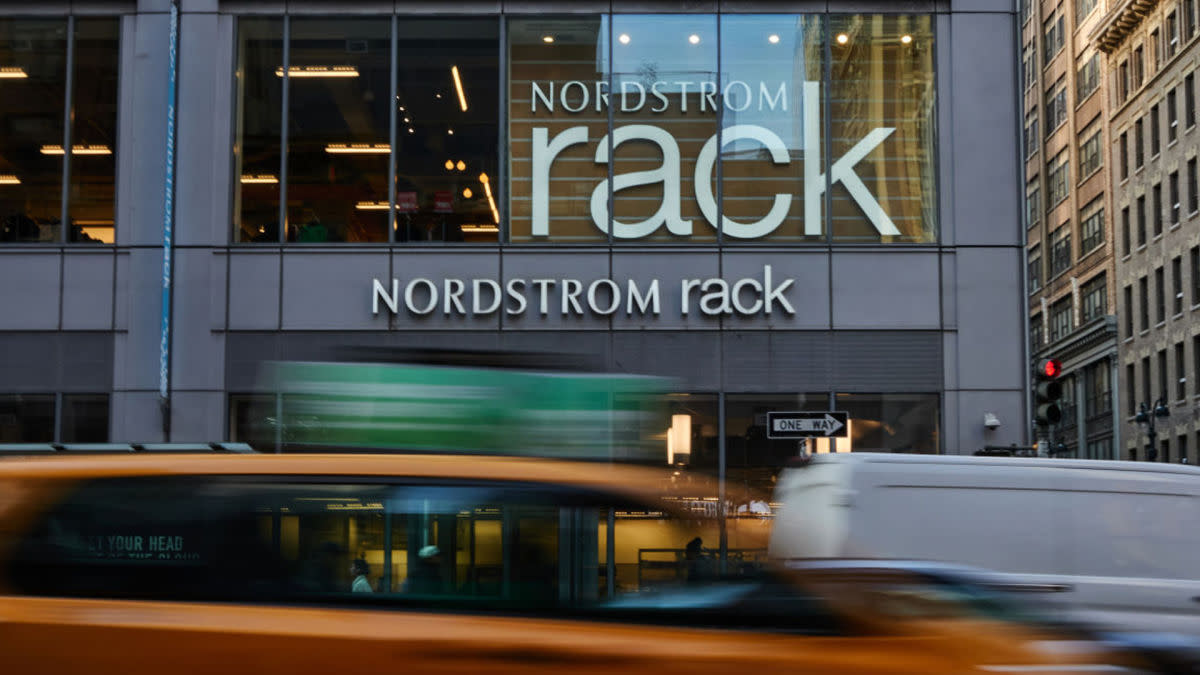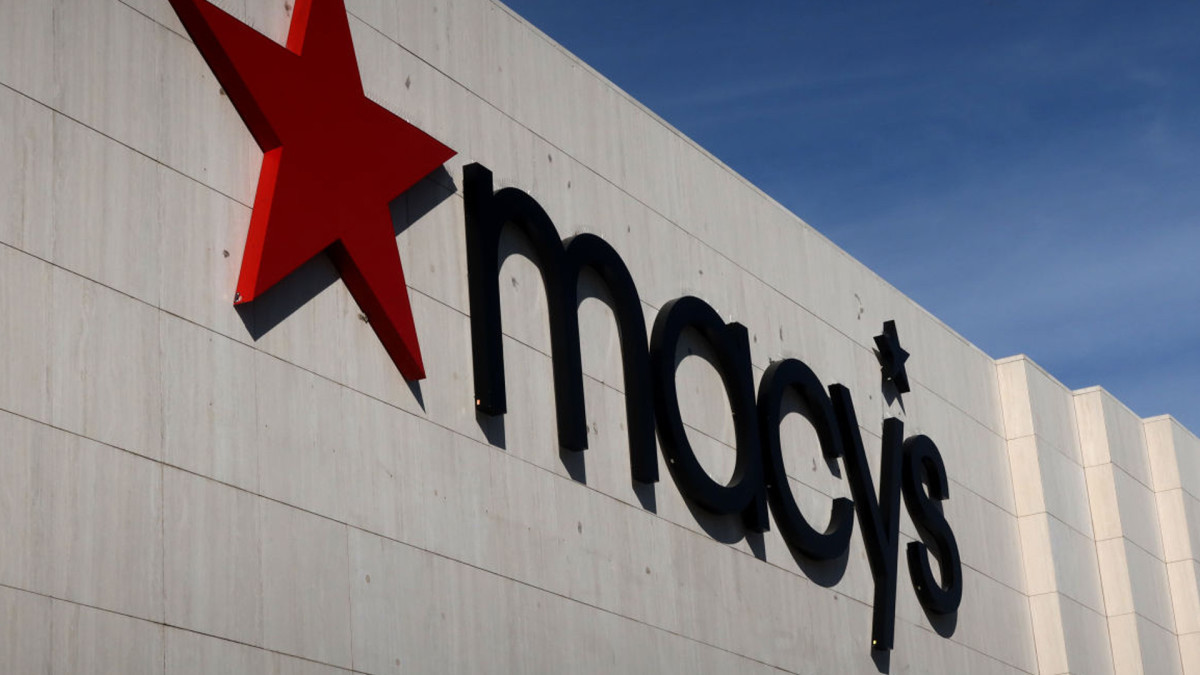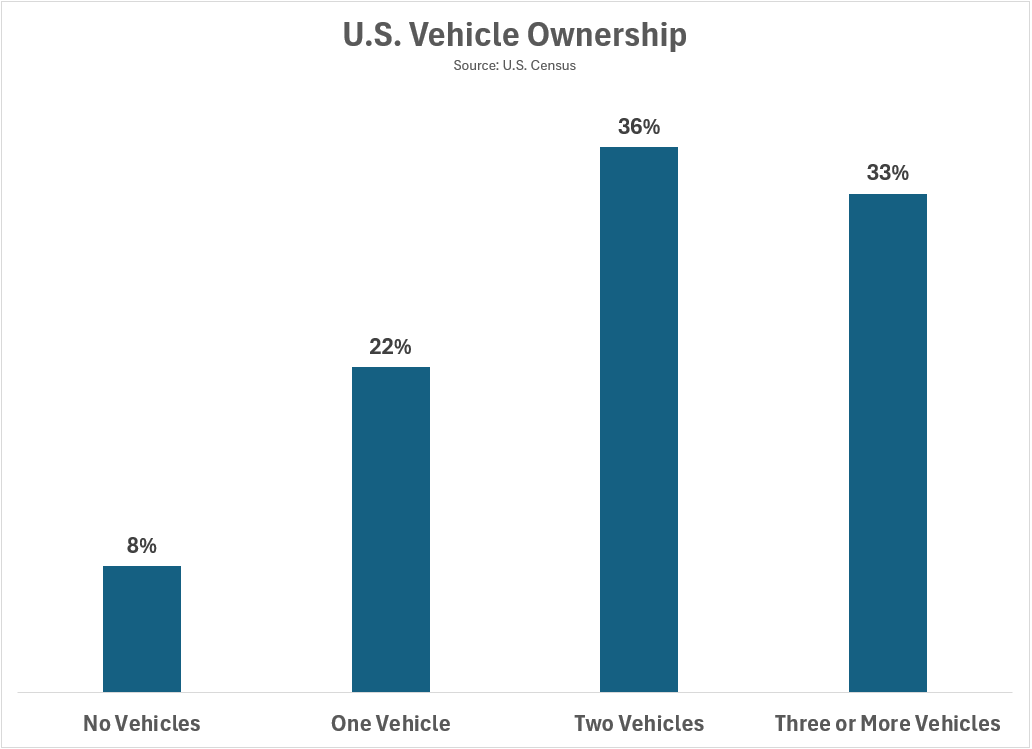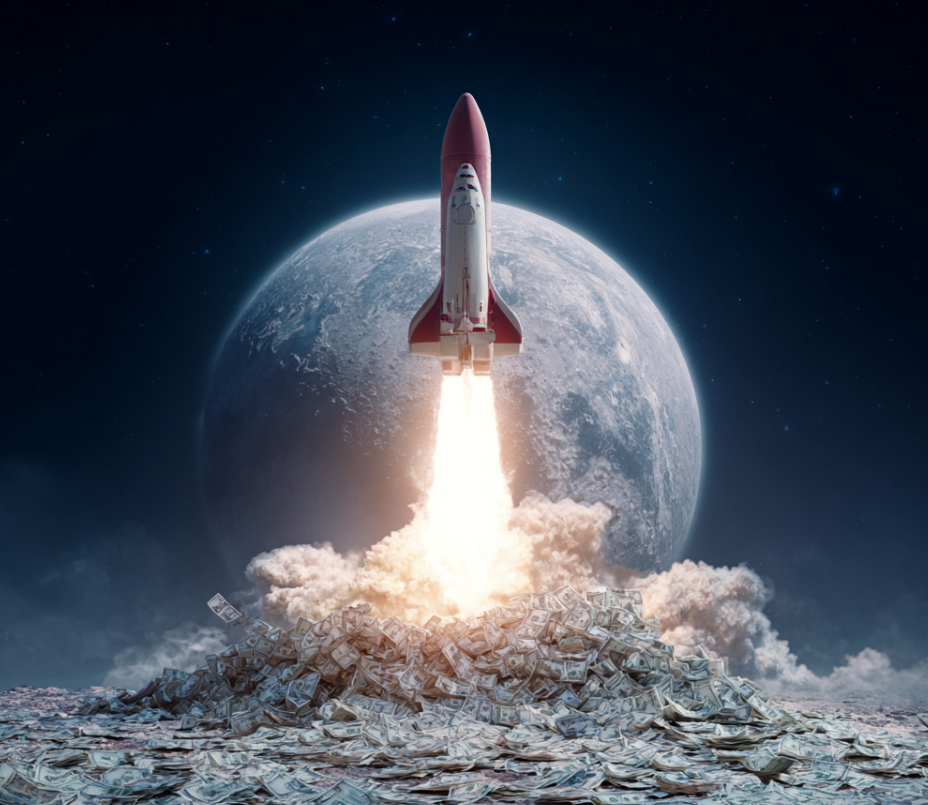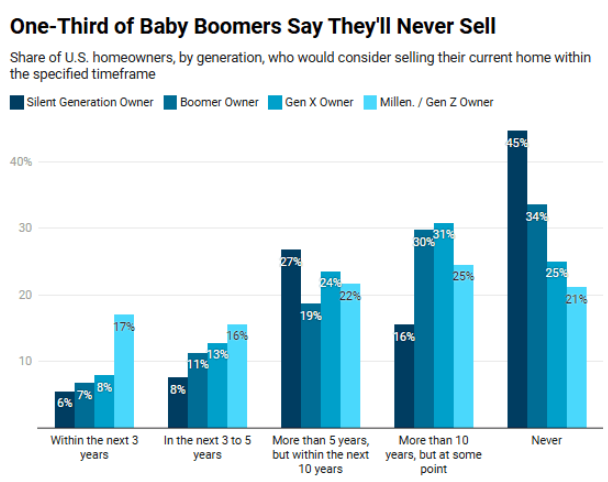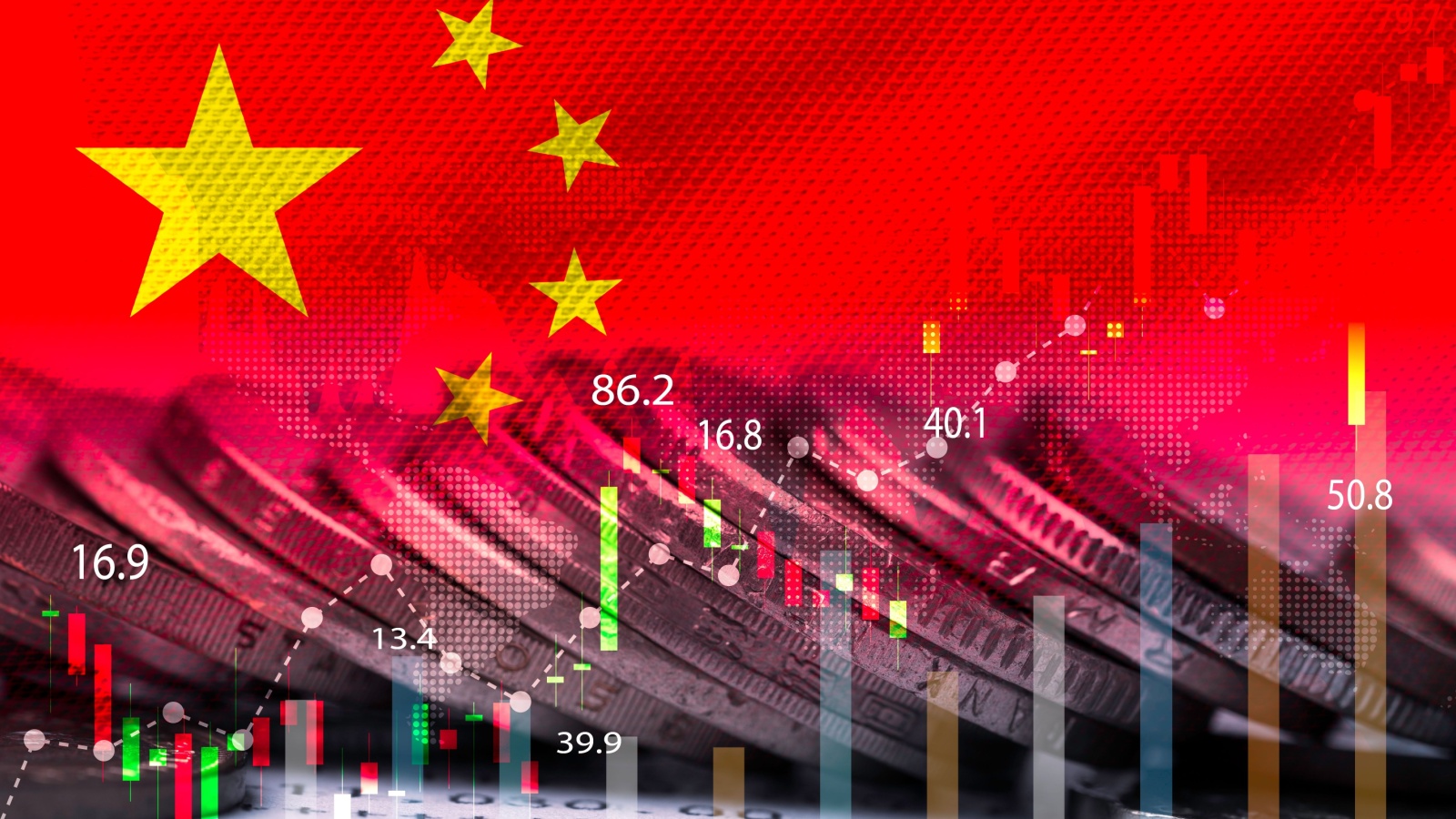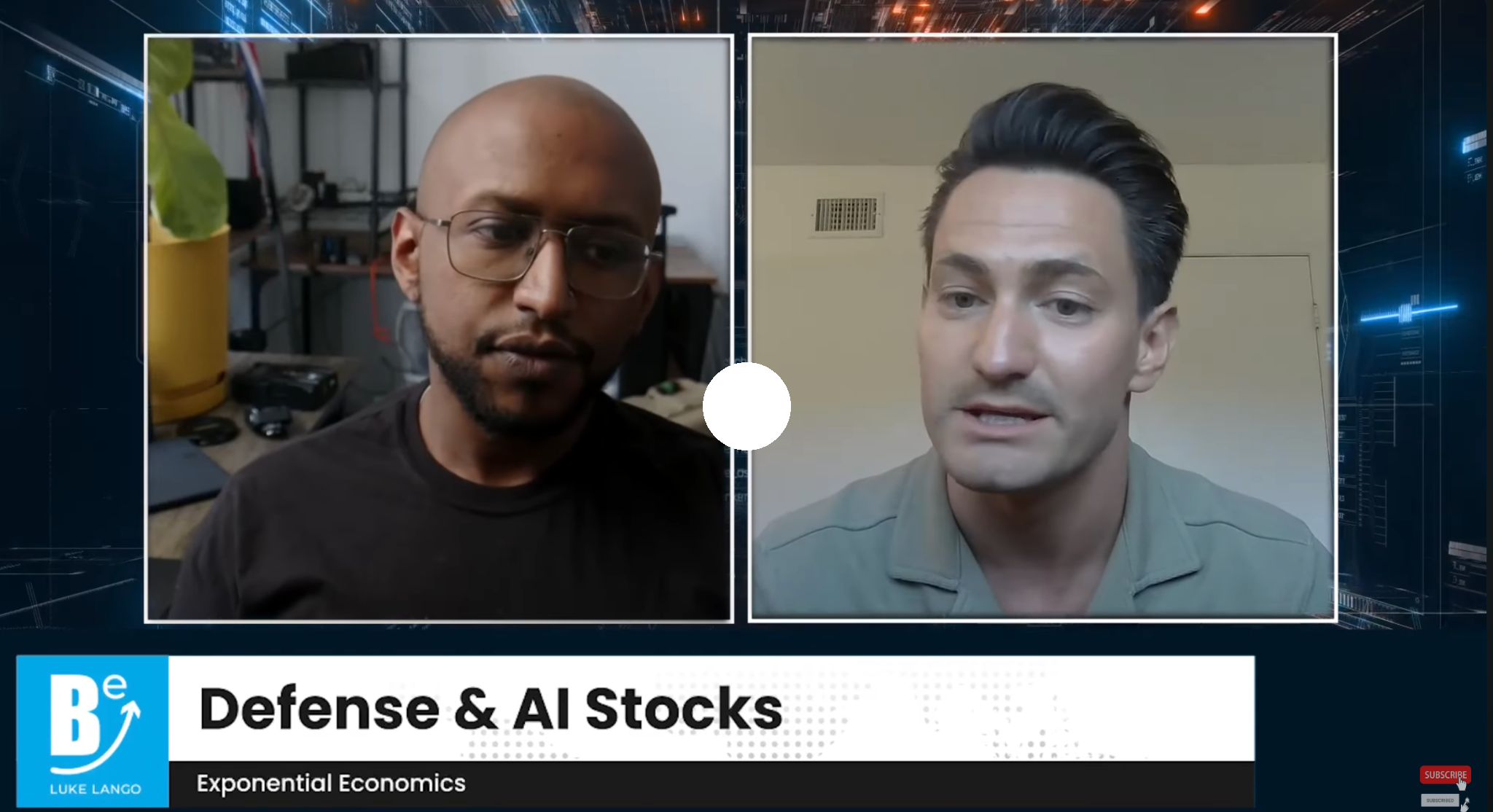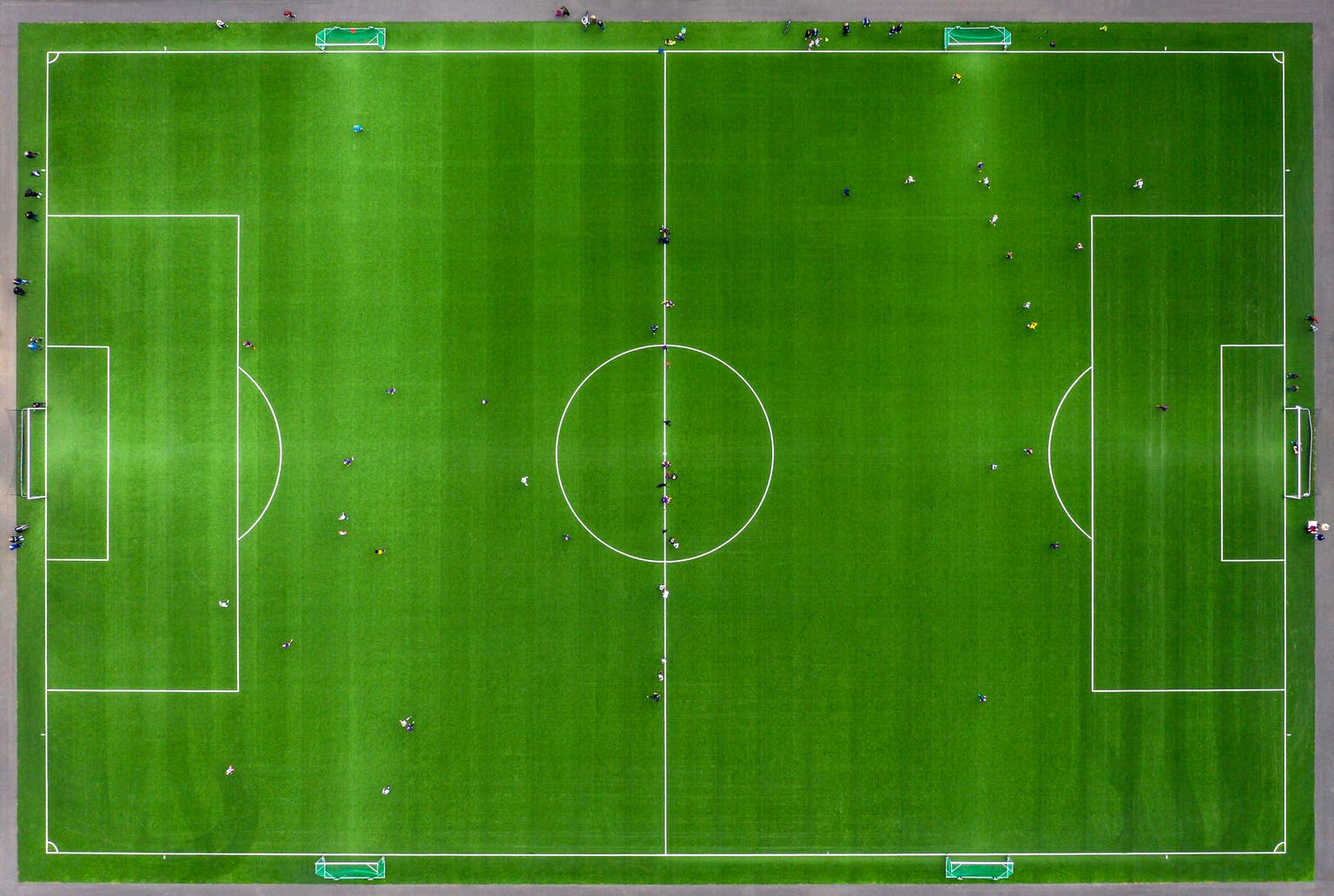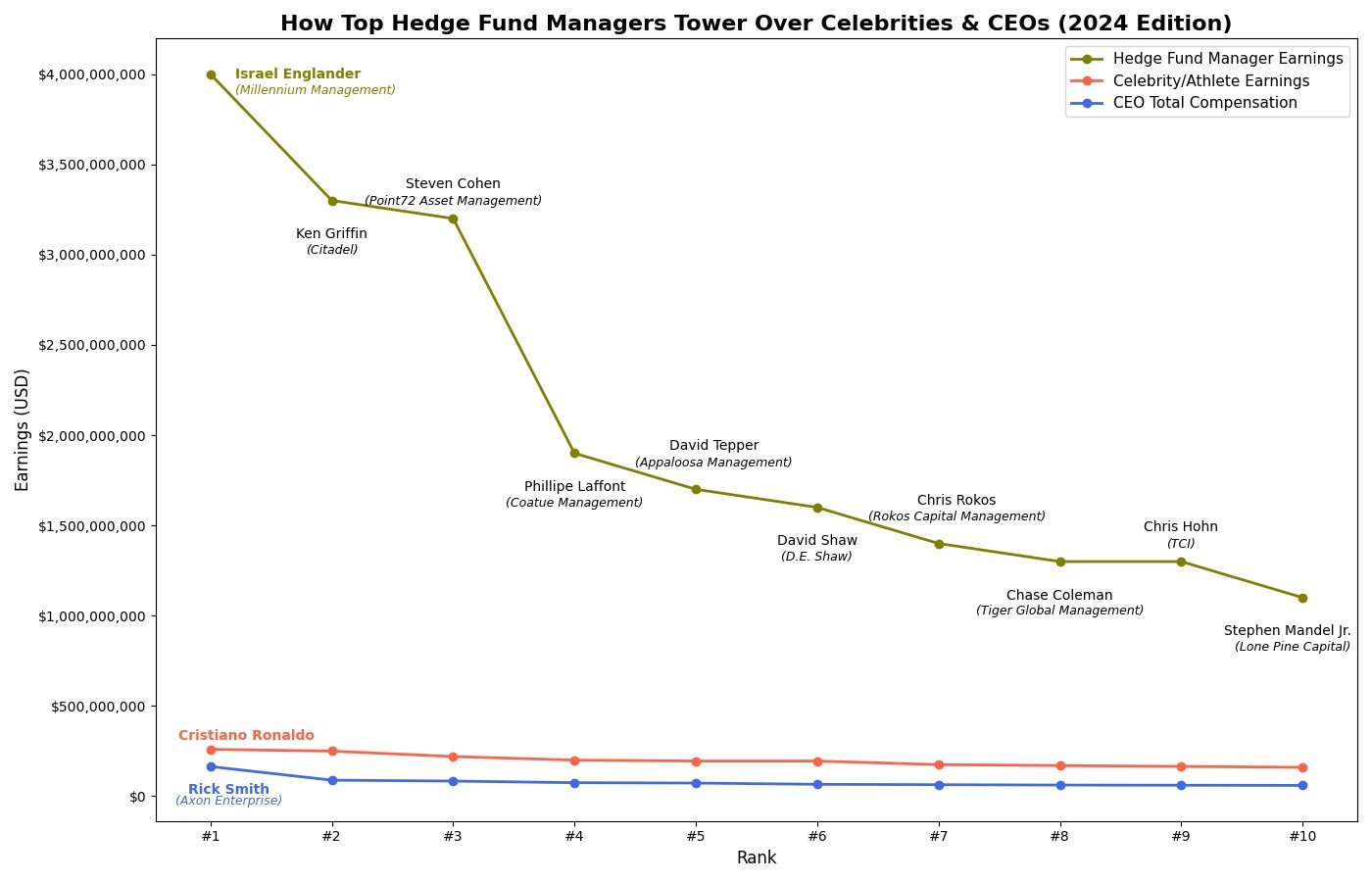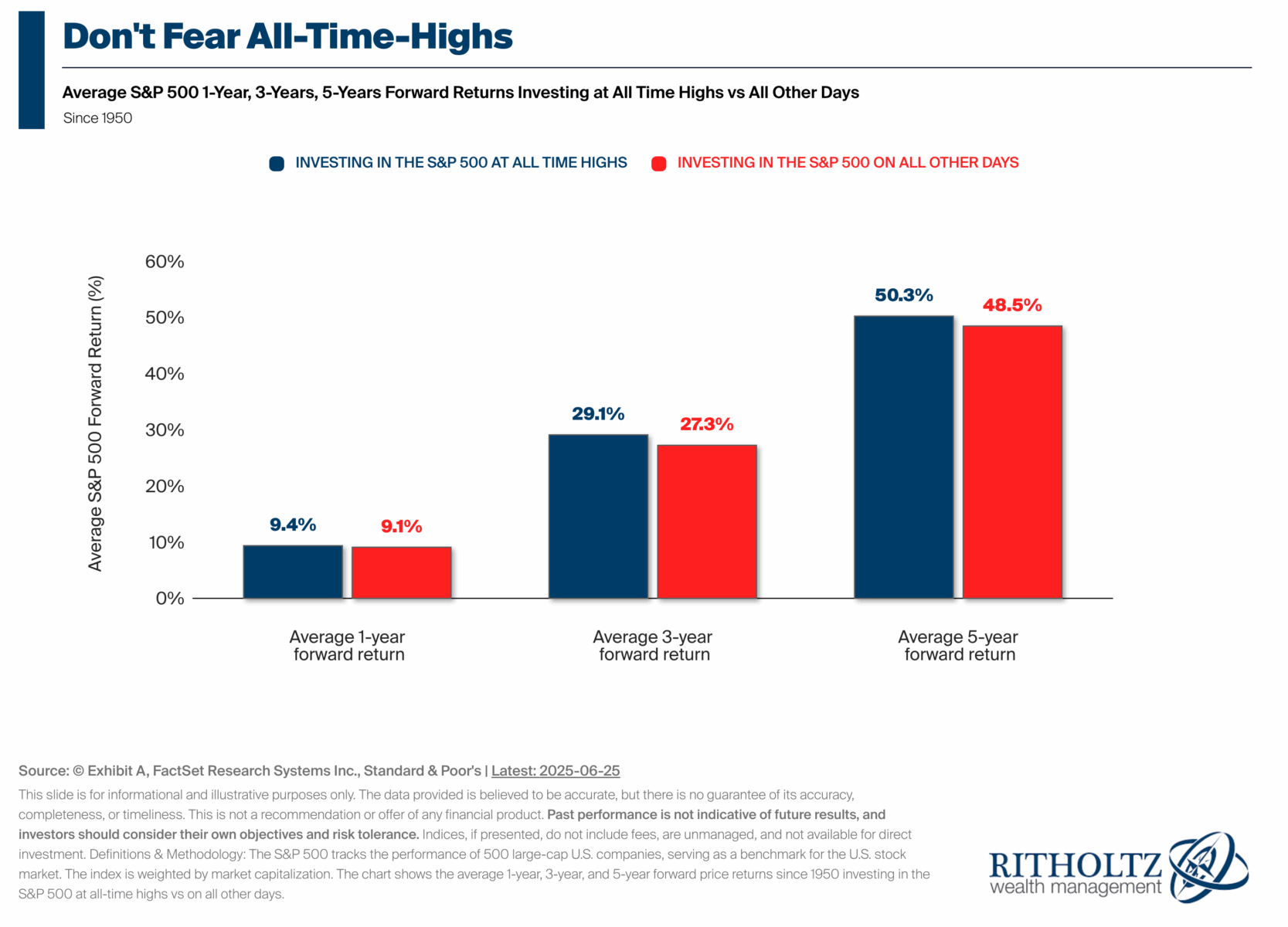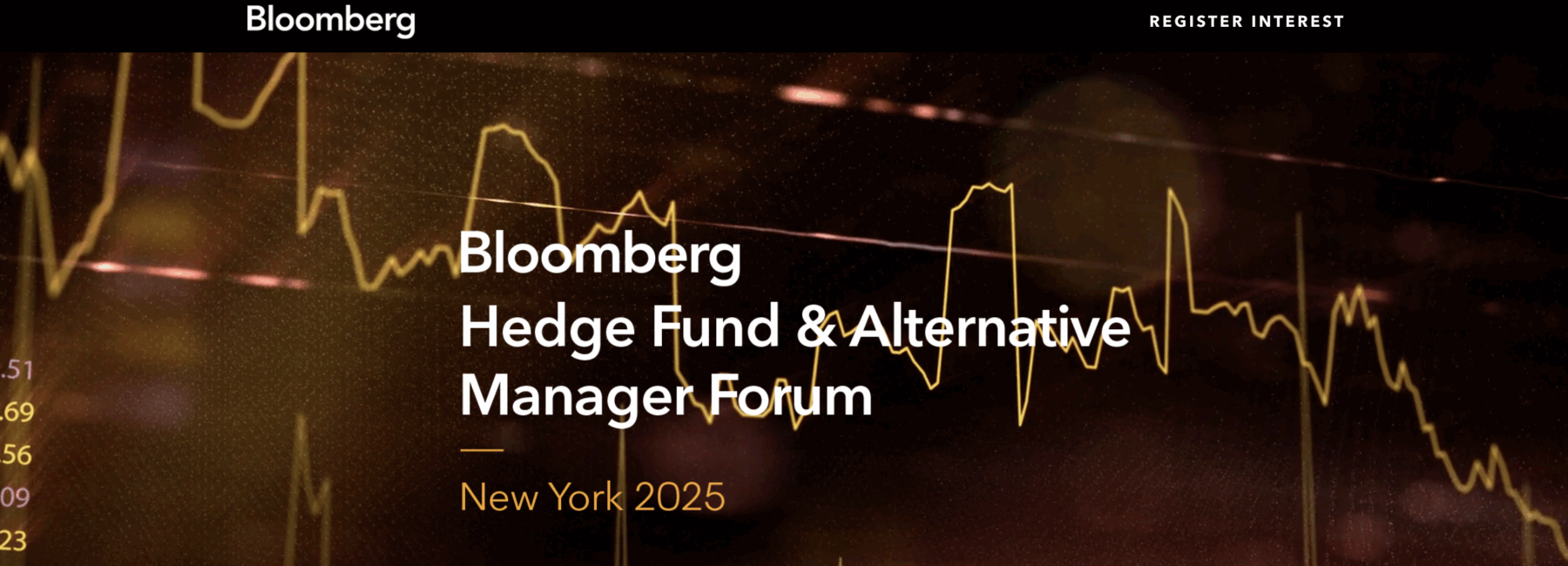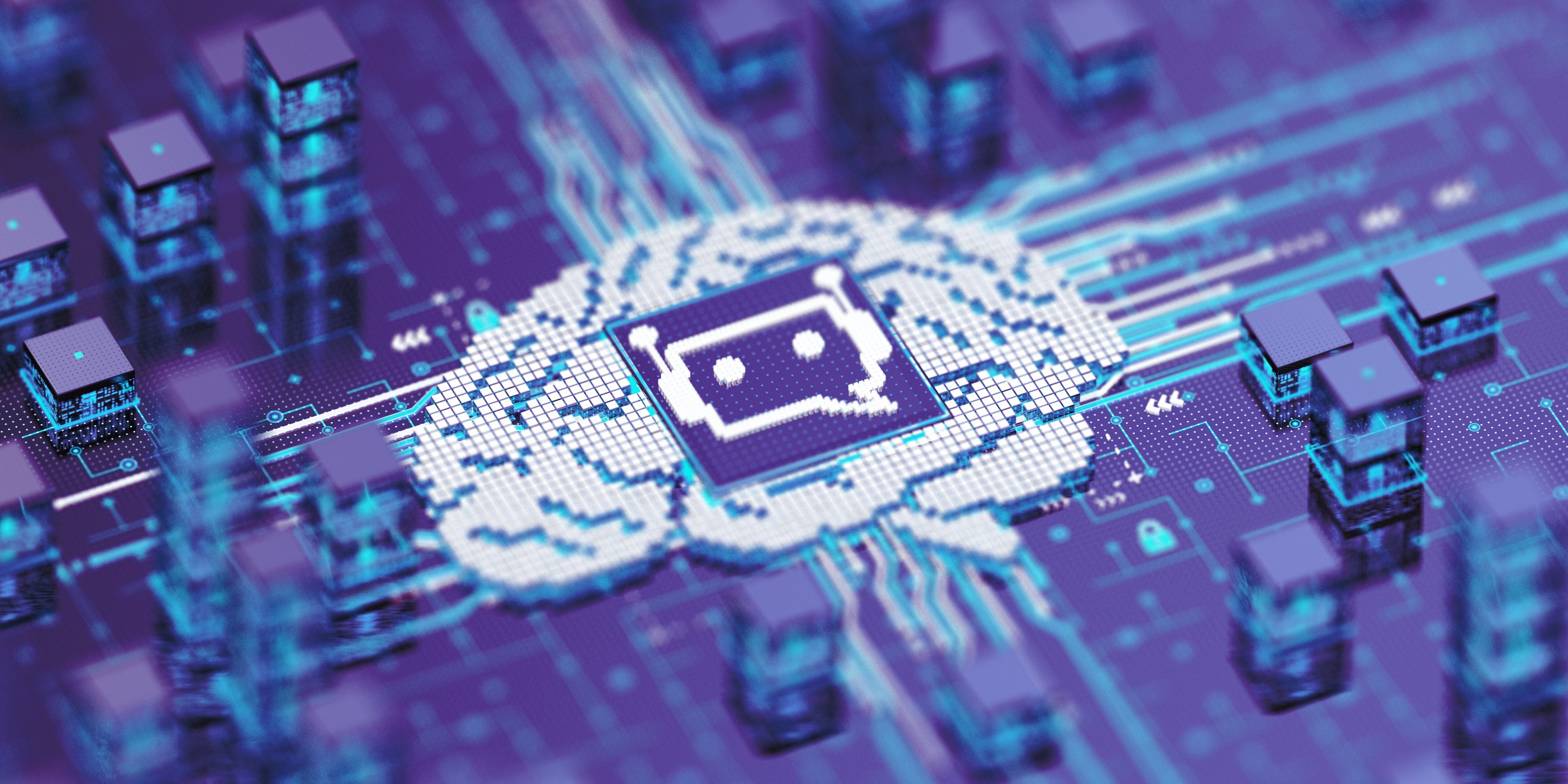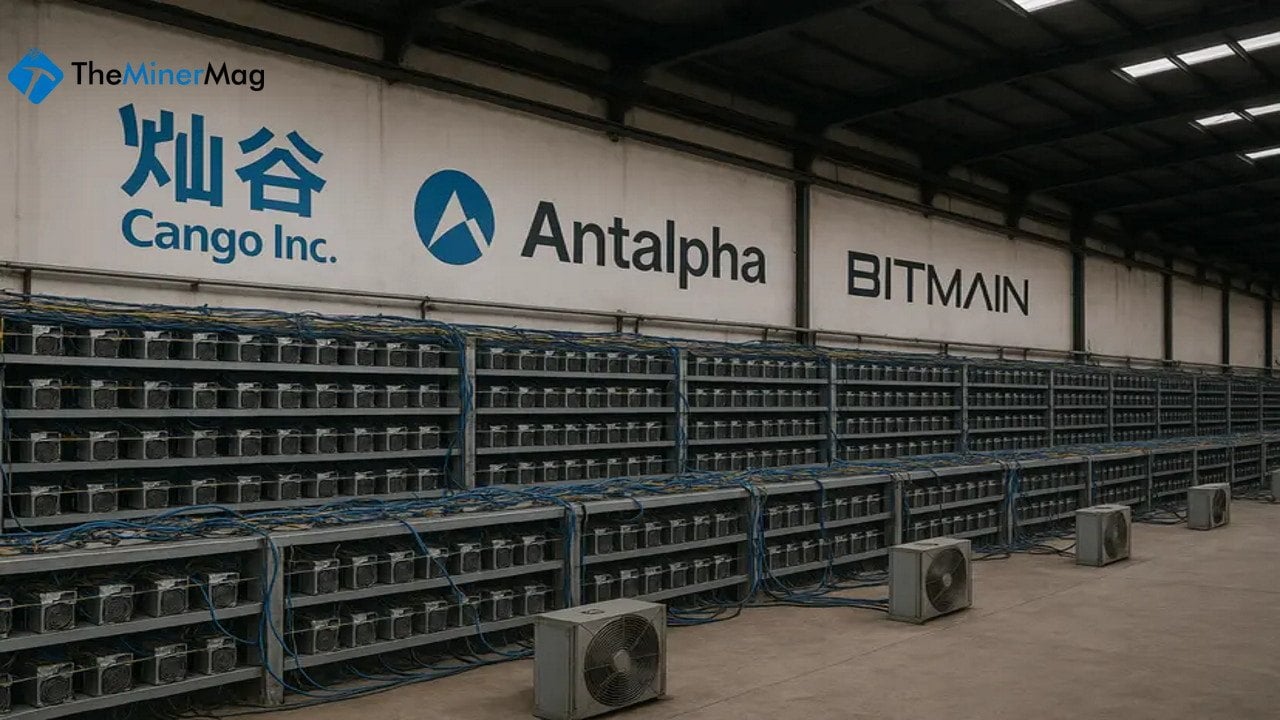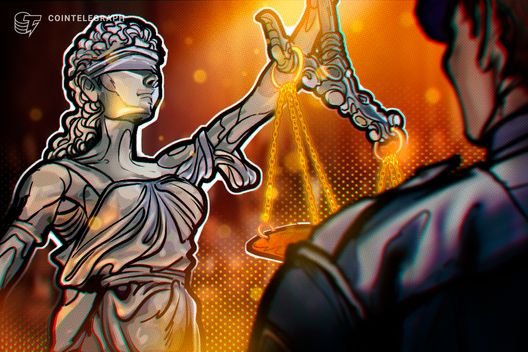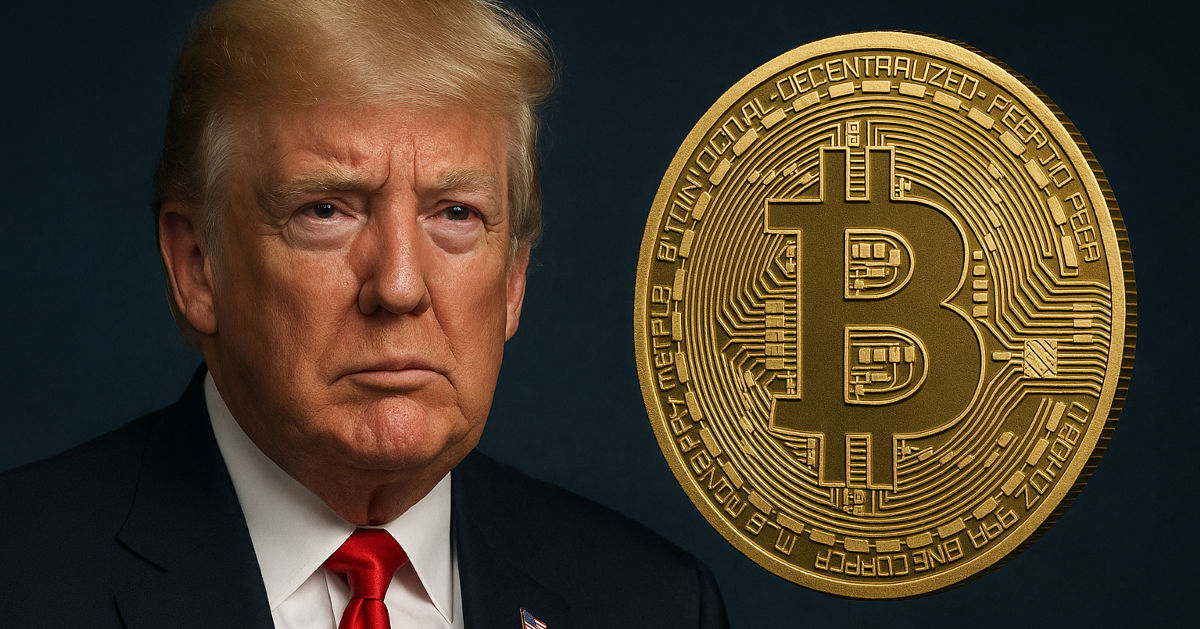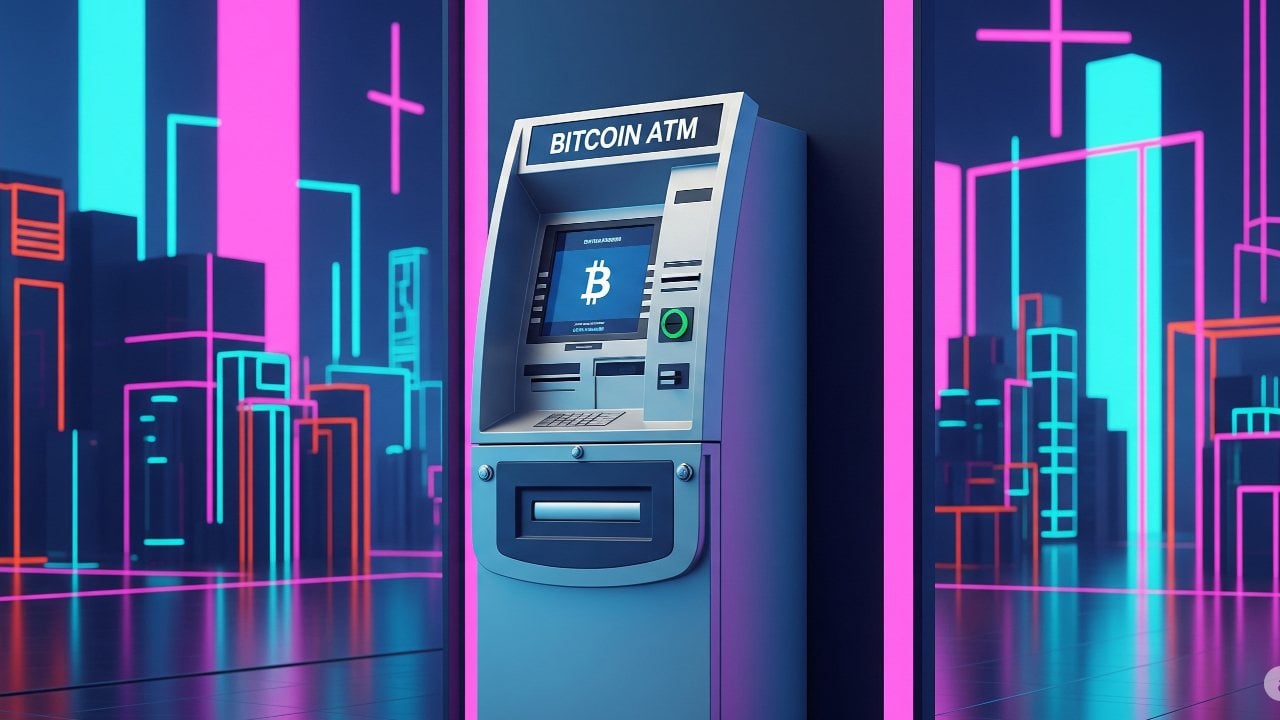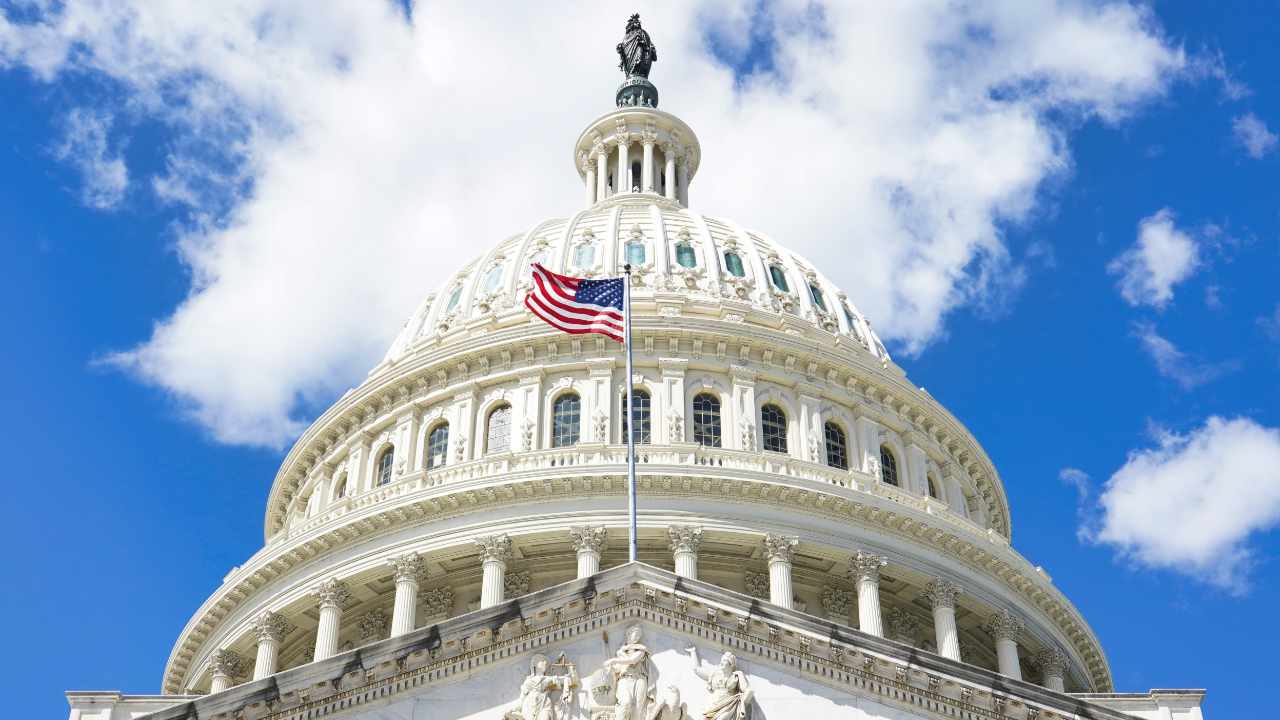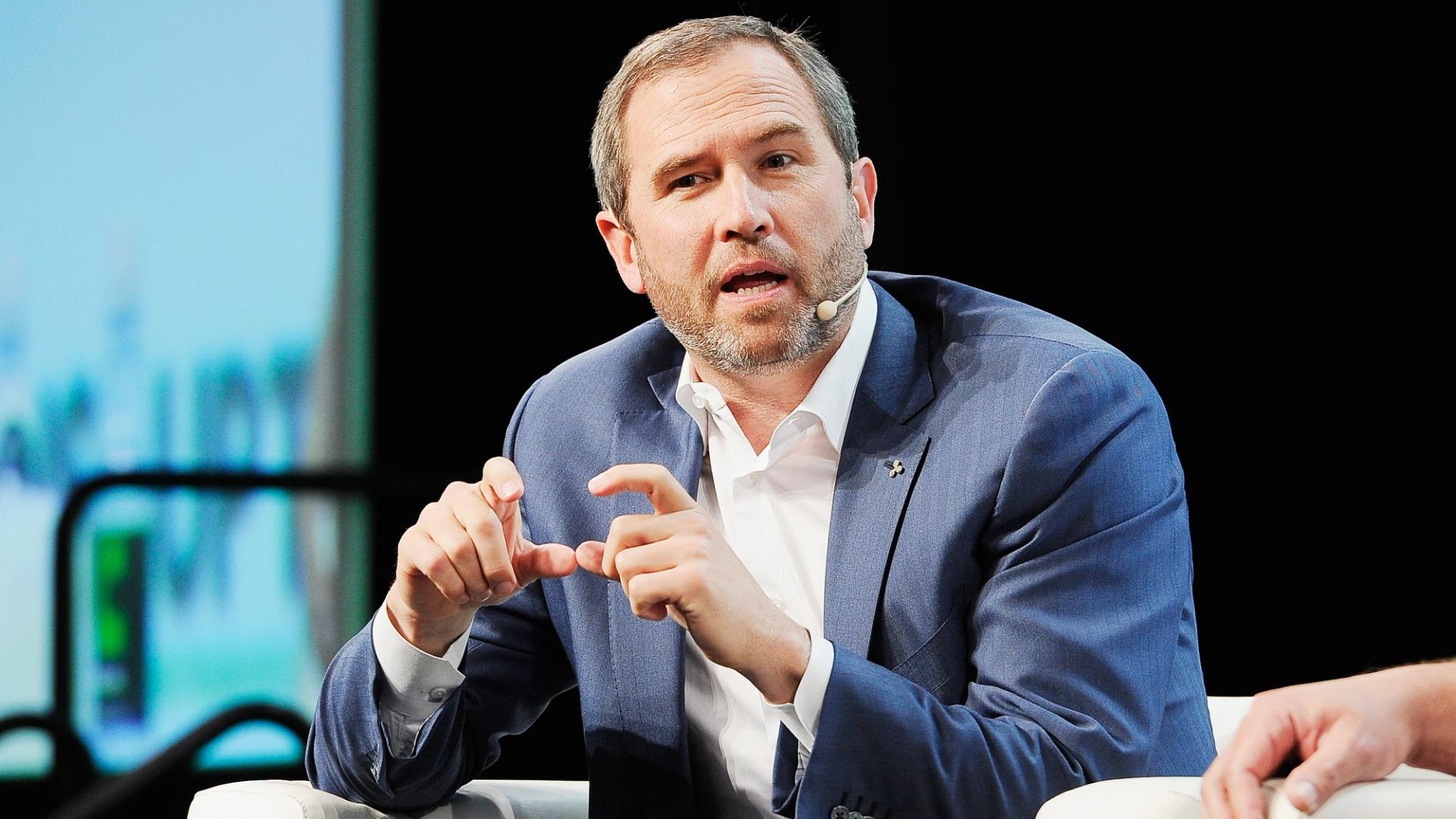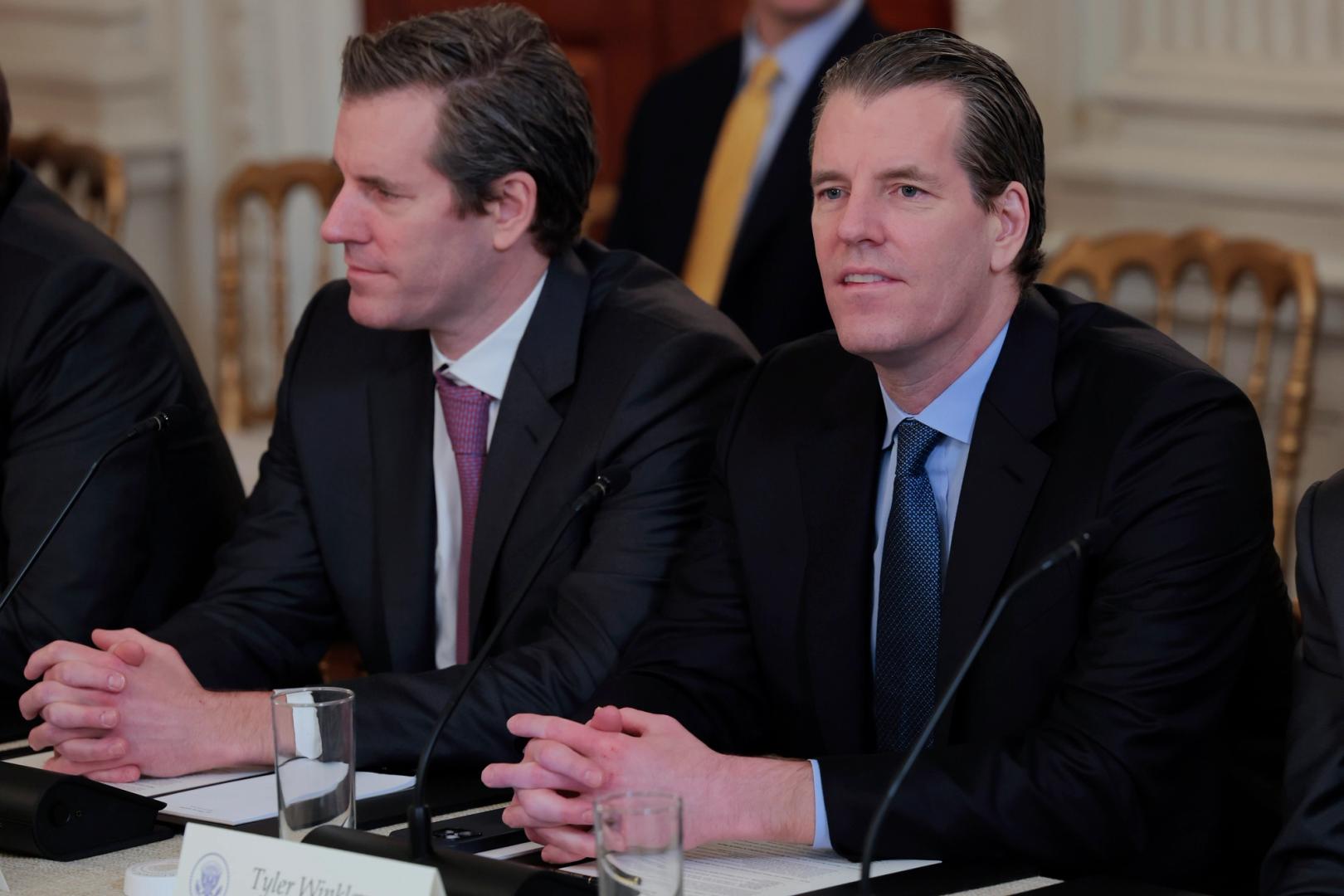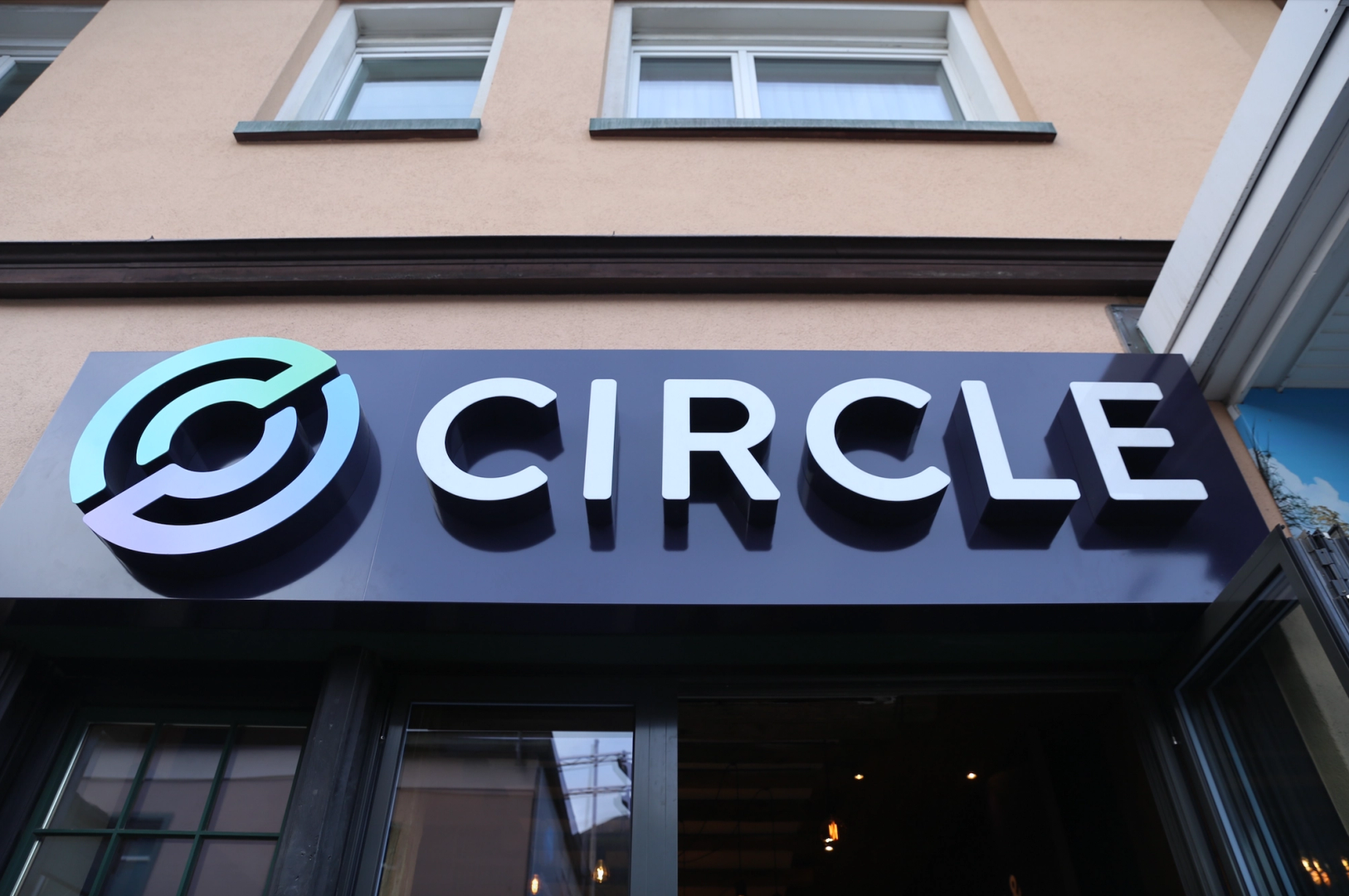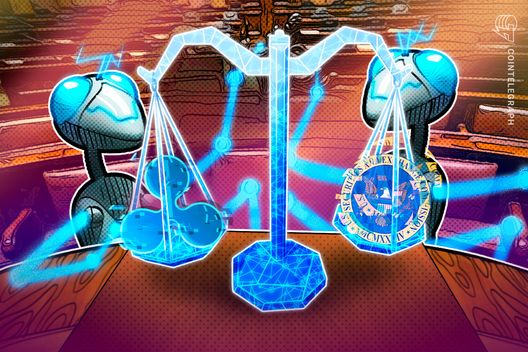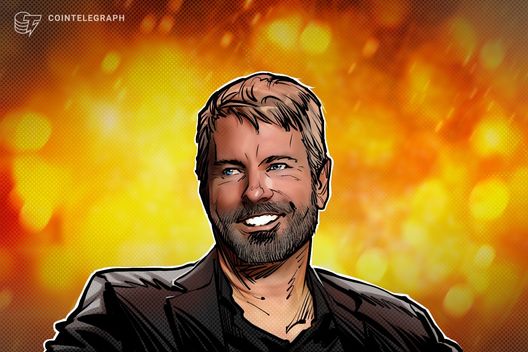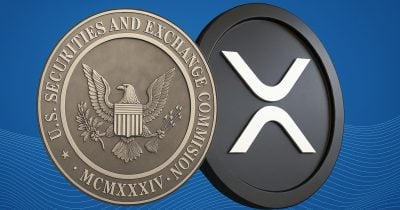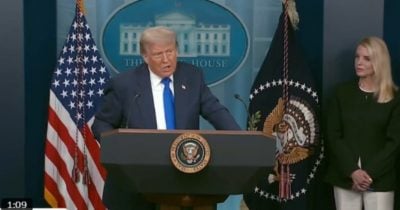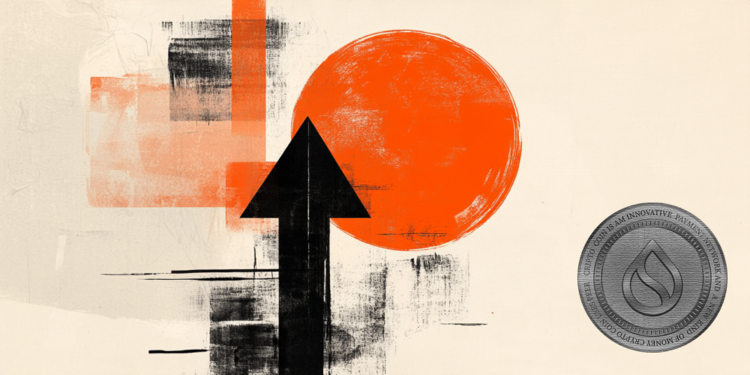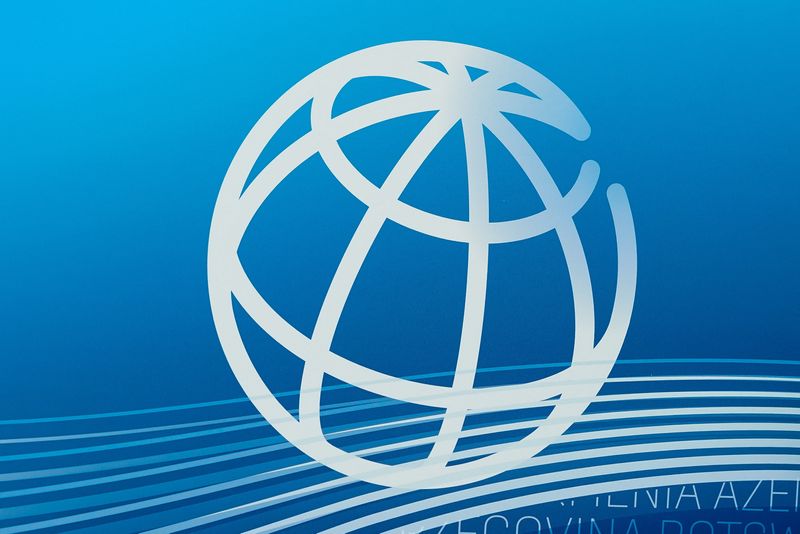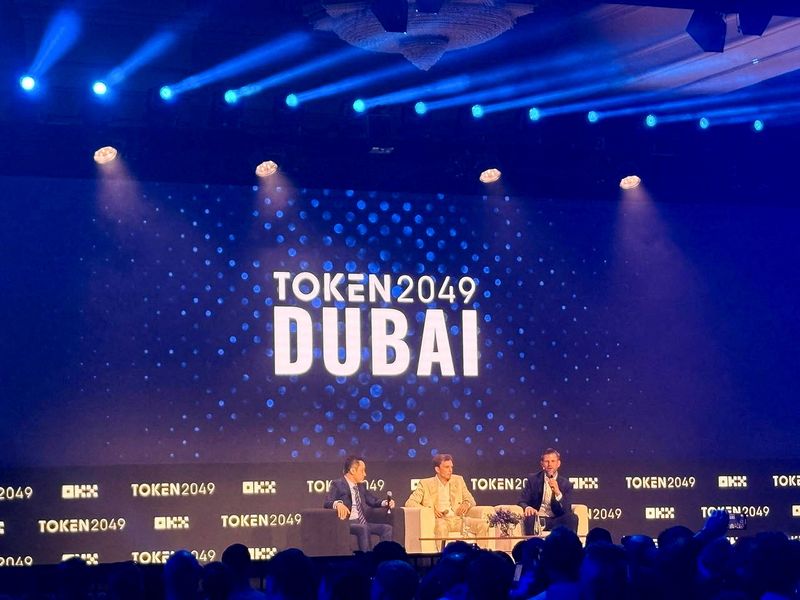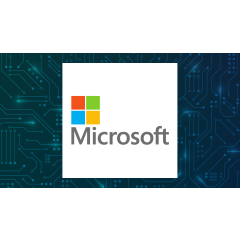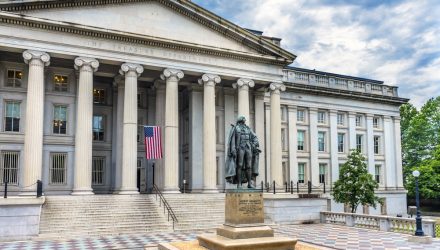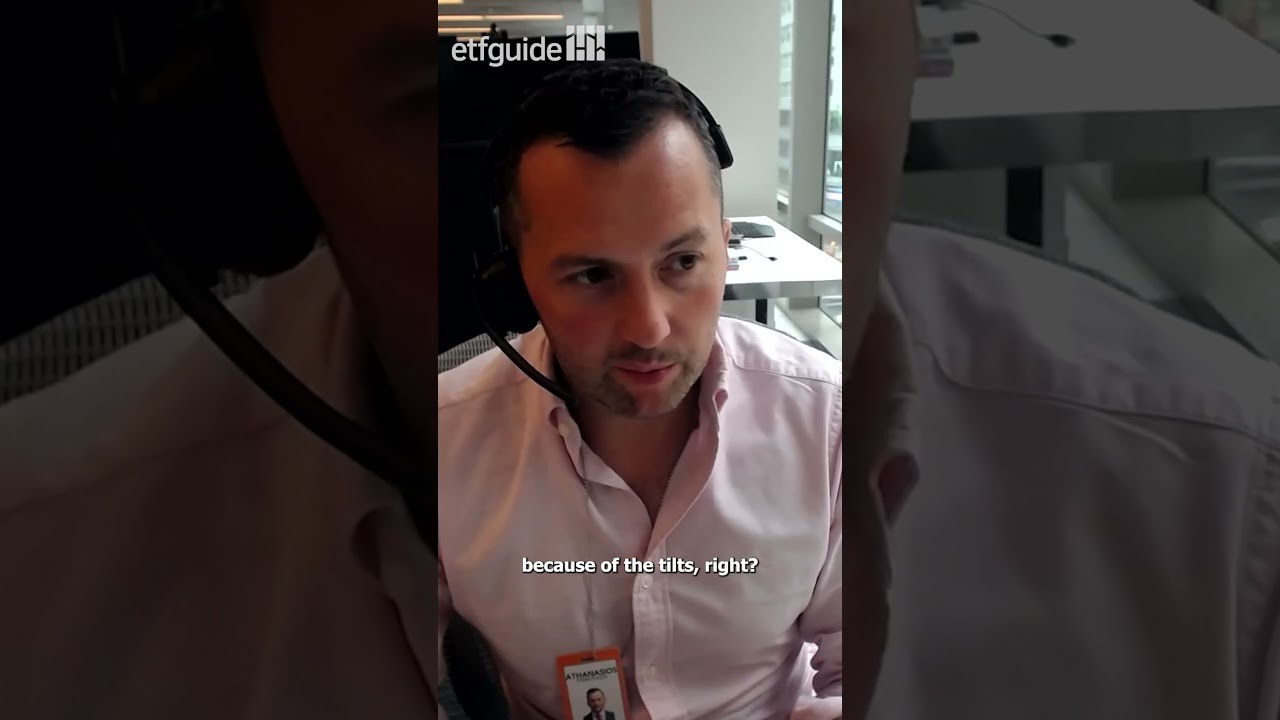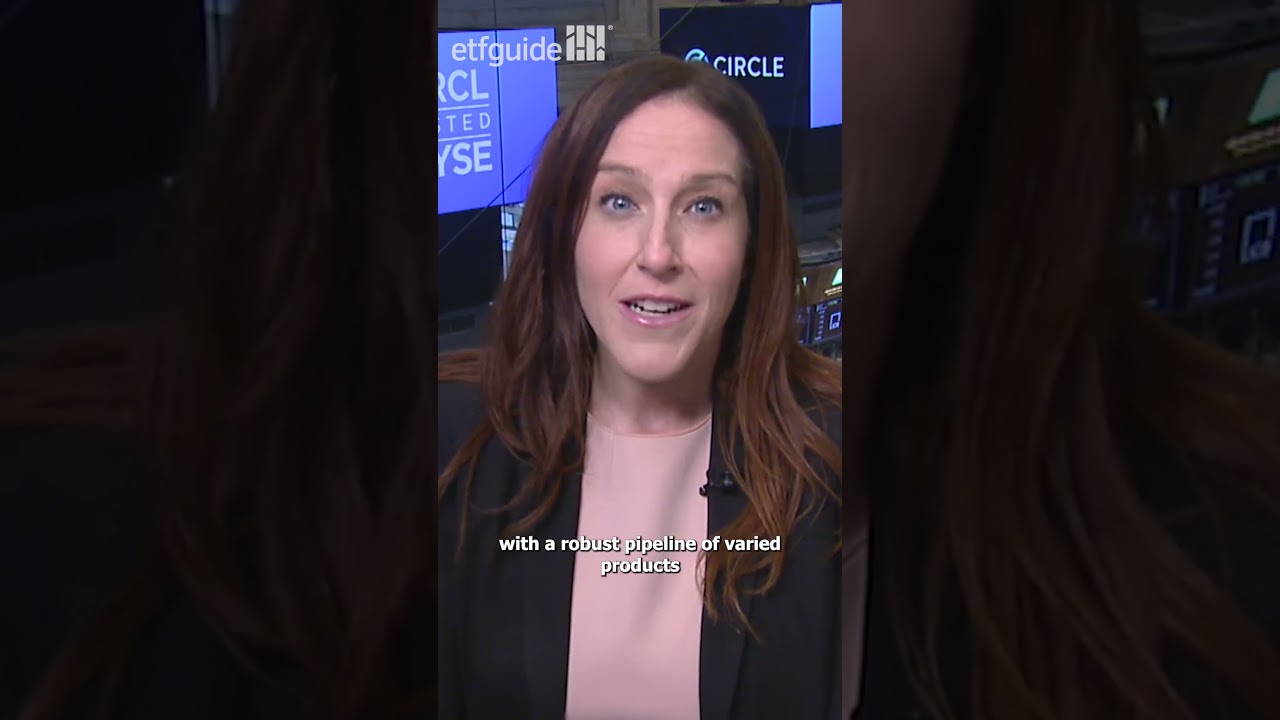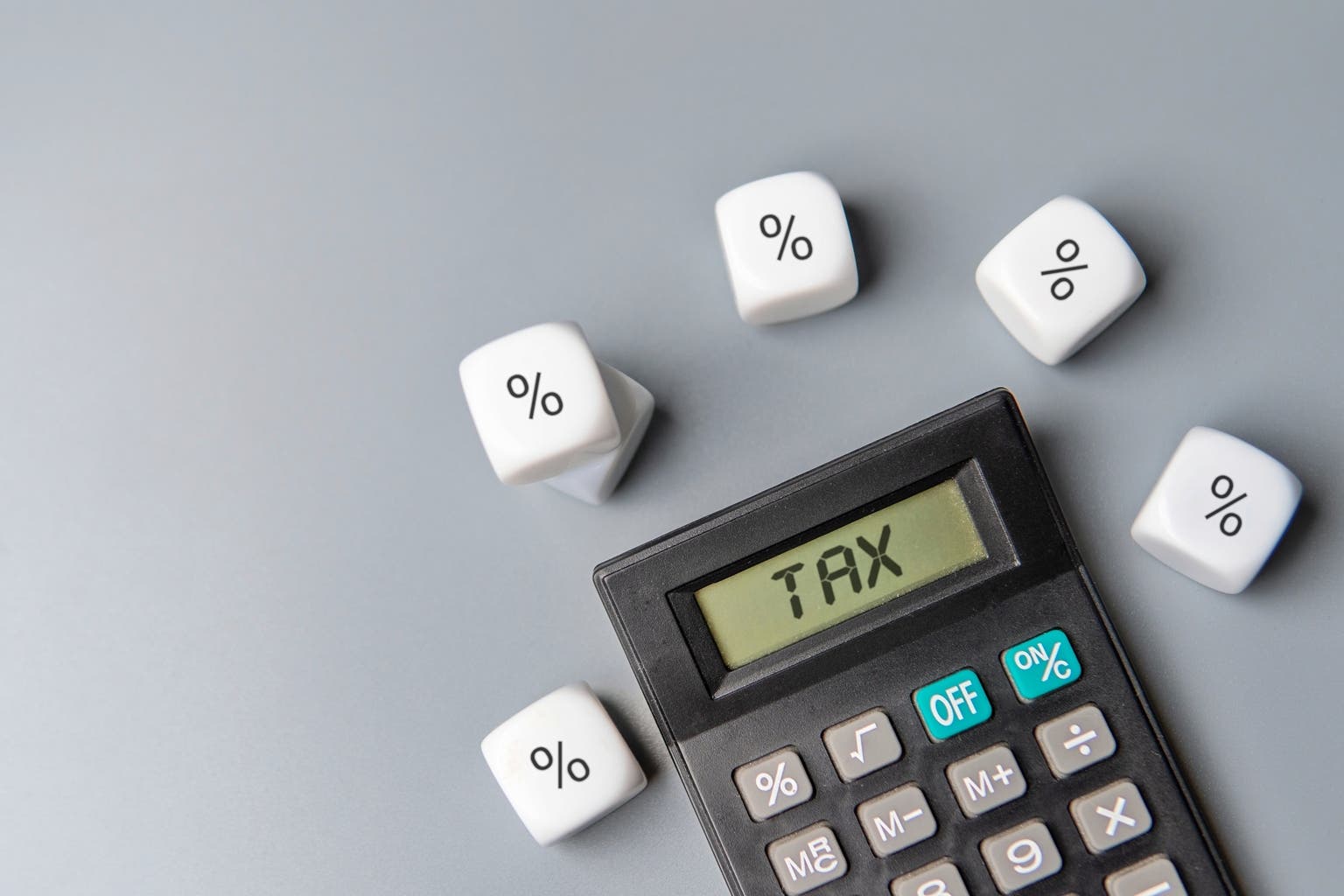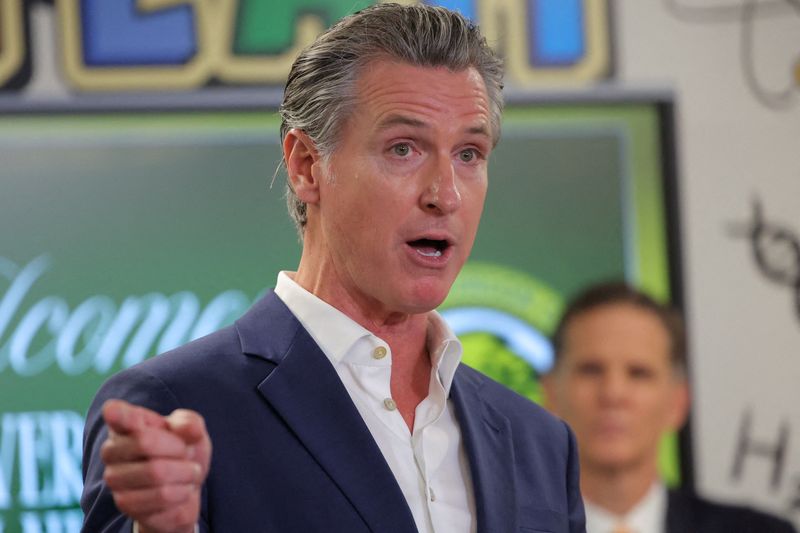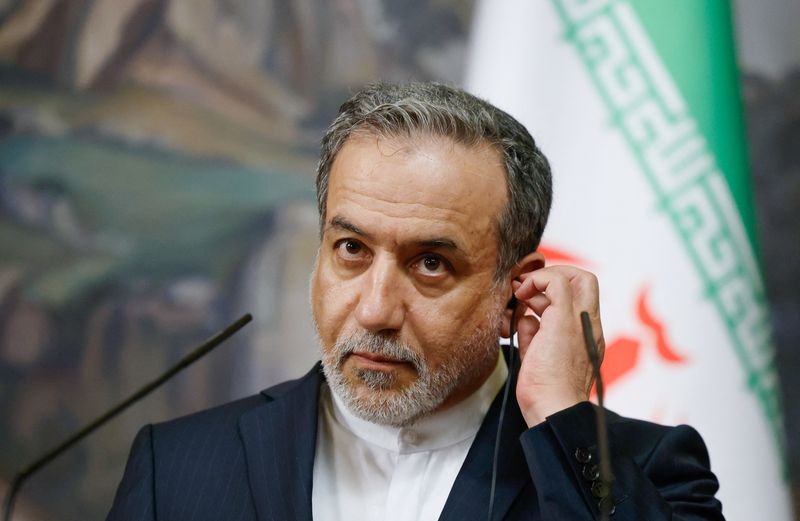Here’s what your future workforce will really look like
AI is here to stay and will change how we work and lead. But it won’t replace what makes us uniquely human.

Work is changing rapidly, and we’re all being asked to adapt just as quickly.
AI is transforming nearly every job, from finance to engineering to customer support. But the data from our economic research team, Indeed Hiring Lab, is clear: No job is very likely to be fully replaced by today’s generative AI.
So the future isn’t about humans versus machines—it’s about how we work together. To get there, we have to rethink how we build our teams, how we hire and develop talent, and how we lead through transformation.
AI is changing work—but people are still the center
At Indeed, we’re finding ways to leverage AI tools to “supercharge” our workforce, giving our employees the tools to do more impactful work. More than a quarter of our new code is written by AI. It’s helping our marketing teams test and iterate campaigns efficiently. Our HR teams utilize our own AI-driven hiring tools to screen resumes and connect with quality candidates faster and more effectively.
AI is rapidly becoming part of every job, not just technical ones. Employees who can work alongside AI and who are comfortable adapting as the tech evolves will thrive.
While AI handles the routine and repetitive, our teams can focus on what’s uniquely human—things like creative problem-solving, strategy, and collaboration. Historically “soft” skills like empathy, communication, creativity, and judgment are becoming essential.
The future demands broader access to opportunity
While technology is evolving, the workforce is shrinking. Lower birth rates, aging populations, and reduced migration equates to less people to fill open roles in many parts of the world. That means it’s time to rethink how—and who—we hire. Skills-first hiring gives us a better way forward.
At Indeed, our data shows that when employers screen for skills instead of just experience, the talent pool more than doubles—expanding by 2.6 times. But despite their potential, these candidates are still being passed over. Employers are 25% less likely to move forward with applications from job seekers with skills alone compared to those with direct experience. We’re missing out on millions of people who are ready to contribute—people who don’t fit the traditional mold.
I’ve experienced this firsthand. I’m what you call a STAR (Skilled Through Alternative Routes). I didn’t graduate from college. I built my career by doing the work, proving my value, adapting through change, and staying relentlessly curious. I was lucky to have leaders who saw what I was capable of. But too many people never get that chance.
As AI changes jobs, the ability to learn and adapt will become more important than any one credential. That makes it not just possible, but necessary to broaden how we evaluate and support talent.
AI + humans = better together
One of the most promising things we’ve seen at Indeed is how AI and human decision-making can complement each other. When employers use our AI-powered tools like Smart Sourcing or Matched Candidates and then apply their own judgment to the recommendations, they’re twice as likely to make a hire.
Success won’t come from AI alone, or from people alone. The future of work won’t be defined by AI alone or by humans alone. It’ll be about how well we combine both.
To make that happen, we need to invest in reskilling and upskilling and build a culture where continuous learning is the norm. It also means helping people feel confident using AI tools, no matter their function or background.
Work well-being is a competitive advantage
We can’t ask people to continuously evolve if we’re not also evolving how we support them. That includes providing time for learning, space to recharge, and leadership that listens. And employees can’t adapt if they’re burned out, disconnected, or unsure of their place in the future.
Indeed’s work well-being research—the largest dataset of its kind, with over 250 million data points—shows that when employees experience high levels of happiness, satisfaction, and purpose, along with low stress, they perform better and are more likely to stay, grow, and adapt.
As AI reshapes tasks and workflows, employees need psychological safety, clarity, and support. Organizations that ignore well-being risk losing talent—and falling behind.
Well-being isn’t just a nice-to-have–it’s a business driver. Companies that prioritize it see higher productivity, better retention, and even stronger financial performance.
If we want to build a resilient, future-ready workforce, we need to take care of the humans in it.
The future of work is still human
AI is here to stay. It will change how we work, what we prioritize, and how we lead. But it won’t replace what makes us uniquely human.
The real transformation happens when we use it to elevate what makes us human: our creativity, our connection, our ability to grow and adapt.
The organizations that thrive will be the ones that design for both technology and people. That means designing agile and forward-looking teams. It means hiring for potential, not just pedigree. And it means investing in people so they can grow with the work, not just keep up with it.
Because the future of work isn’t just AI-powered. It’s human-led.
The opinions expressed in Fortune.com commentary pieces are solely the views of their authors and do not necessarily reflect the opinions and beliefs of Fortune.
This story was originally featured on Fortune.com





